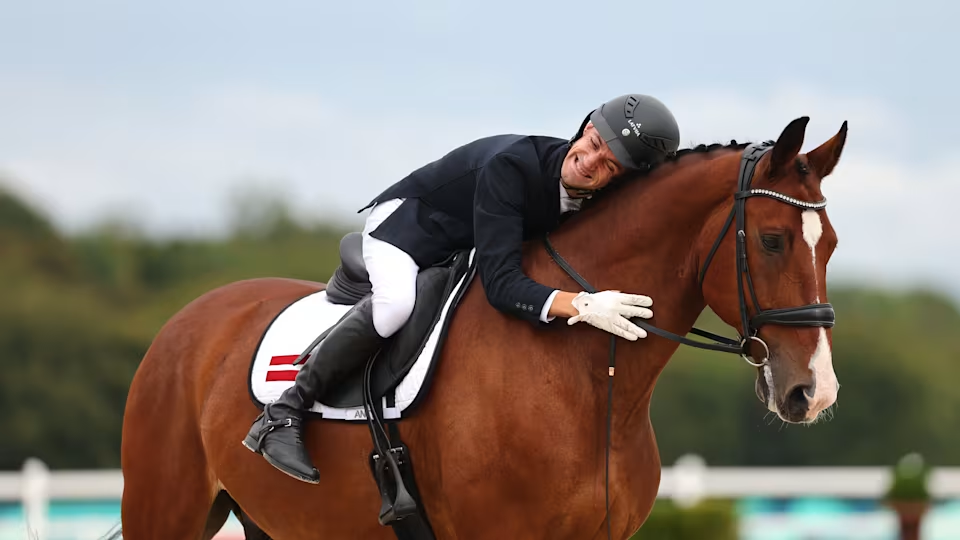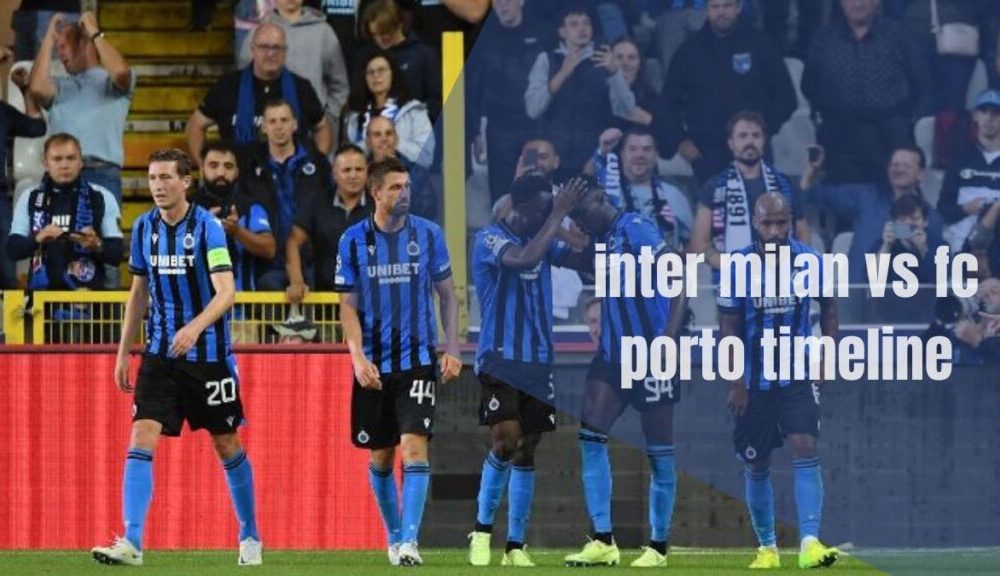The Women’s National Football League Brazil (WNFLB) stands as a groundbreaking initiative in women’s sports, particularly in Brazil’s football scene. Over the years, this league has grown not only as a source of inspiration for female athletes but also as a powerful influence on sports culture, gender equality, and the future of women’s football in Brazil. This article dives into the origins, progress, and cultural significance of the WNFLB, giving insight into how it has transformed Brazil’s football landscape and empowered countless women athletes.
The Birth of WNFLB
The WNFLB was born out of a need for representation, providing Brazilian women with the same opportunities as men to participate and excel in football. The league emerged as a formal entity in the 2000s, aiming to unite regional women’s football teams under a single league, allowing them to compete professionally, hone their skills, and build careers in football. This was a milestone for women’s sports in Brazil, a country where men’s football dominates both cultural and economic landscapes.
Why WNFLB?
WNFLB gave a much-needed platform to talented female athletes, enabling them to showcase their skills on a national level. It also aimed to inspire younger generations of girls who aspired to pursue football professionally, helping to foster a new era in Brazil’s sports culture.
Key Milestones in WNFLB’s Journey
Since its inception, the WNFLB has achieved several critical milestones that have strengthened its position as a leading women’s sports league in Brazil:
- Expansion of Teams and Regions: Initially a smaller league, the WNFLB quickly expanded to include teams from various regions, ensuring representation across Brazil and embracing the diverse talent pool the country has to offer.
- Partnerships and Sponsorships: Over the years, partnerships with major brands and sponsors have helped provide essential funding, enabling better facilities, gear, and even scholarships for players.
- International Representation: WNFLB’s commitment to nurturing top talent has led to several Brazilian players signing with international teams, further amplifying the league’s reputation.
The Teams and Their Impact on Brazilian Football
WNFLB consists of numerous teams that represent various regions and cities, each bringing its unique flair to the game. Teams such as Corinthians, São Paulo FC, and Santos FC, which already enjoy strong legacies in men’s football, have shown similar dedication to their women’s divisions. This association with well-known clubs not only strengthens the league’s credibility but also draws attention to the immense talent within women’s football.
Building Community Through Football
WNFLB teams play a significant role in community building, helping to instill a sense of pride among fans and residents alike. Teams regularly engage in community outreach, from football camps to mentorship programs for young girls, creating a positive impact that extends beyond the field.
Player Profiles: Stars of WNFLB
Brazil is renowned for producing world-class football talent, and WNFLB is no exception. Players like Cristiane Rozeira and Formiga have garnered international recognition for their contributions to the sport, serving as inspirations to countless aspiring players. The rise of these stars has drawn attention to WNFLB, making it a premier destination for football enthusiasts and scouts alike.
WNFLB and Gender Equality in Brazilian Sports
One of WNFLB’s core missions is to combat gender inequality in sports. Traditionally, men’s football in Brazil has received the lion’s share of support and funding. However, WNFLB’s growing popularity is beginning to level the playing field. Advocacy for equal pay, access to resources, and representation has become more prevalent, with the league’s leaders continuously pushing for fairness within the industry.
Media and Public Perception
The media plays a pivotal role in shaping public perception, and coverage of women’s football in Brazil has historically been sparse. However, WNFLB’s rise has led to increased media attention and televised matches, a shift that highlights the broader acceptance and respect for women’s football. This visibility is crucial for normalizing women’s involvement in a traditionally male-dominated sport, as well as for attracting younger fans.
Economic Impact of WNFLB
As a professional league, WNFLB has an economic impact that extends beyond ticket sales. The league contributes to the sports economy through merchandise sales, tourism, and various promotional events. Moreover, WNFLB’s popularity helps boost related businesses, from sports apparel to broadcasting.
Sponsorships and Endorsements
A critical factor in WNFLB’s success is its collaboration with sponsors. Major corporations recognize the league’s growing influence and have begun investing in WNFLB, providing financial support that allows the league to expand and improve. These sponsorships have been instrumental in helping the league increase player salaries, improve stadium facilities, and support developmental programs.
Challenges and Future of WNFLB
While WNFLB has achieved tremendous growth, it faces challenges that require strategic planning and dedication. Issues such as securing consistent funding, fighting gender bias, and competing with more established men’s leagues remain ongoing. However, the future looks bright as WNFLB continues to inspire, adapt, and create new opportunities for women in Brazilian sports.
Initiatives for Development
To overcome these challenges, WNFLB is implementing initiatives focused on long-term growth. These include youth academies, mentorship programs, and collaborations with international organizations to promote women’s football. Additionally, WNFLB is working on building its digital presence to reach a global audience, ensuring its continued growth and success.
FAQs
What is WNFLB?
The Women’s National Football League Brazil (WNFLB) is a premier women’s football league in Brazil, established to provide a professional platform for female football players.
Who are some famous players in WNFLB?
Cristiane Rozeira and Formiga are among the well-known players who have risen to prominence through WNFLB.
How does WNFLB promote gender equality?
WNFLB advocates for equal pay, better funding, and representation in sports, making strides toward gender equality in Brazil’s football scene.
What impact has WNFLB had on local communities?
WNFLB teams engage with local communities through football clinics and mentorship programs, fostering pride and encouraging young girls to pursue sports.
How does WNFLB support player development?
The league offers development programs, training, and international opportunities, helping players hone their skills and gain exposure.
What is the economic impact of WNFLB?
WNFLB boosts the sports economy through ticket sales, merchandise, and sponsorships, contributing positively to related businesses.
Conclusion
WNFLB has become more than a sports league; it’s a symbol of progress, equality, and community. Through its focus on nurturing talent, promoting gender equality, and building a sustainable model for women’s football, WNFLB has transformed the landscape of Brazilian sports. As the league continues to grow, it promises to bring further change, inspire a new generation of female athletes, and demonstrate the immense potential within women’s football.









